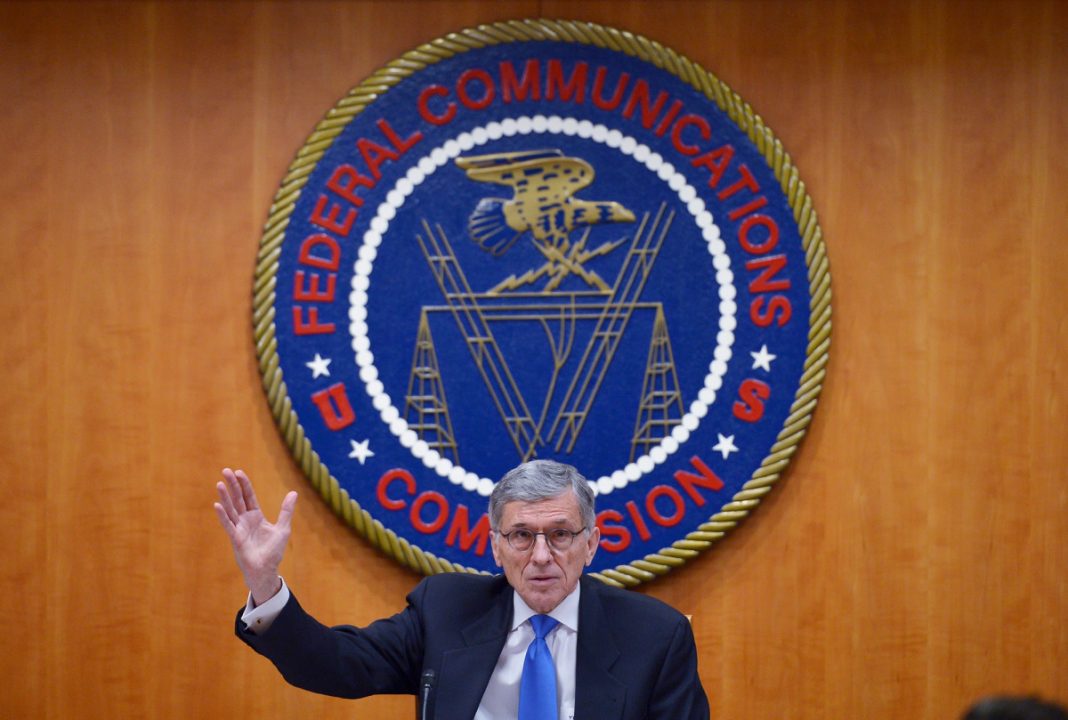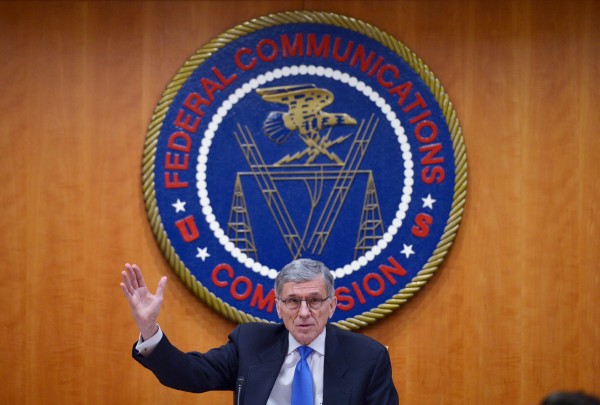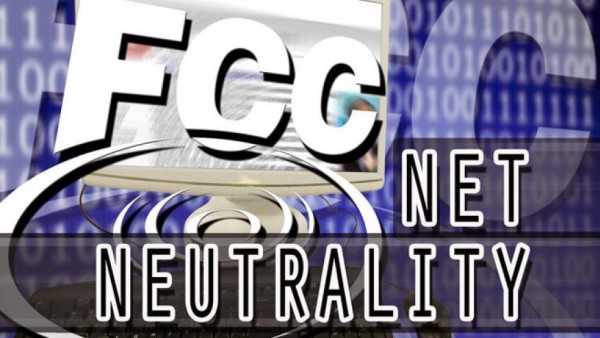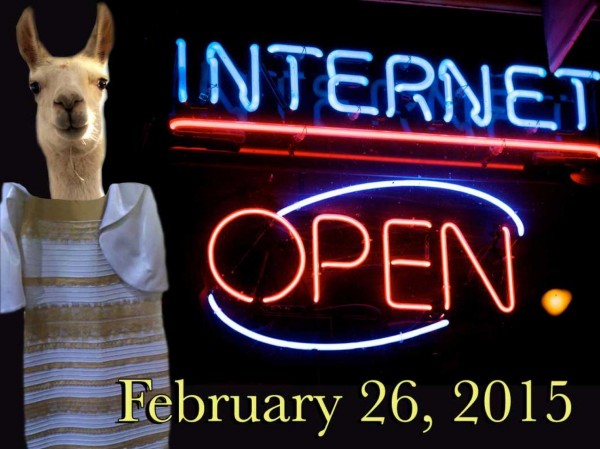
The FCC Quiet period is now over and now the government has control of the internet. Net Neutrality is now a reality. There will supposedly be no more threats to the equality of bandwidth provided to internet subscribers depending on their respective infrastructures. Bandwidth shall henceforth be equal to the consumer and content provider. But is the quiet period really over? ISPs that stand to lose because of net neutrality are expected to make noise in courts. The same goes for people who have different views about the FCC chairman Tom Wheeler’s net neutrality proposal.
It’s basically not over for the FCC as far as AT&T, Verizon and other losing ISPs are concerned. Verizon and AT&T, the two companies with the highest voices in the opposition, just posted their disdain over the recent February 26 ruling on their respective websites decrying the FCC decision as both partisan and archaic.
Partisan:
“Perhaps I’m betraying my years, but in Washington policy circles there has always been tension between those interested in solving problems and those who see policy disputes as a test of ideology. I’d readily admit falling into the former camp, and have the policy scars to prove it.”
–Jim Cicconi, AT&T Senior VP of External and Legislative Affairs
Archaic:
“…What doesn’t make sense, and has never made sense, is to take a regulatory framework developed for Ma Bell in the 1930s and make her great grandchildren, with technologies and options undreamed of eighty years ago, live under it.”
–Jim Cicconi, AT&T Senior VP of External and Legislative Affairs
Both:
“…the Federal Communications Commission approved an order urged by President Obama that imposes rules on broadband Internet services that were written in the era of the steam locomotive and the telegraph.”
–Verizon
However, they fail to provide substantial points as to invalidate the more noble tenets of net neutrality such as no blocking of content, no throttling of bandwidth and no paid prioritization of traffic. They promise to pursue their arguments to the courts, to suspend the current FCC ruling and push for more modern laws in place of the almost century-old Communications Act of 1934. Such a move could buy them sufficient time to continue their current management of bandwidth.
Individuals critical of the current US administration also cry foul. Many believe that the internet was fine as it was and that government intervention could somehow ruin it; if not today, but in the near future. A percentage of these individuals are either genuinely concerned that the government could somehow screw up the internet and internet freedom; or are presently shielded by satisfactory speeds given by their respective internet providers that they are afraid of any changes in their status quo.
However, there is some substance to opposition arguments that the whole plan could backfire on consumers; that ISPs could charge back from subscribers the profits they lose from their ‘fast lanes’. There is also the argument that the internet, as a utility under government control, could sooner or later be regulated as it is in China given any situation that resembles threats to national security. Another major argument is that the government could dictate prices that are higher than they should be (a problem for consumers) or lower than market value (a problem for providers) and that additional taxes could be imposed in the future. There is also the argument that the government could quickly change the rules to its favor depending on the next FCC Chairman’s interpretation of the rules which would undermine the true concept of internet freedom.
ISPs also argue that bandwidth equality could stifle the innovation and competitiveness of future internet entrepreneurs which is unlikely unless their products and services depend on higher than average broadband. Republicans opposed to the current provisions also argue that there is some sort of hidden Democrat or Obama agenda to regulate the internet for their benefit.
Whatever the opposition arguments are, there’s no denying the benefits of continued net neutrality to the general public as well as content providers. Content providers such as Kickstarter, GitHub, Yelp, Etsy, and Tumblr have expressed approval of the current net neutrality plan; while the Internet Association whose members include Amazon, Facebook, Netflix and Google have reiterated that the rules on net neutrality be solid enough to ensure that the rules apply to both wired and wireless providers, an innuendo to ISPs.
Aside from regulation, the FCC now has the authority to hear and act on complaints on potential violations made by ISPs contrary to net neutrality’s fundamental principles:
No Blocking – Internet providers may not block any access to legal content, services or non-harmful devices.
No Throttling – Internet providers may not impair or degrade lawful internet traffic based on content, services or non-harmful devices.
And No Paid Prioritization – internet providers shall not favor some lawful internet traffic over other internet traffic in exchange for consideration (No fast or slow lanes).
Under such rules, the FCC promises a truly open internet. But how open is something when someone has control? Unlike before, someone clearly holds the reins on the internet and control could always be subject to abuse. For the FCC, the quiet or sunshine period is over. Storm clouds are brewing on the horizon and could become a hurricane if they screw up this wonderful concept of net neutrality.




